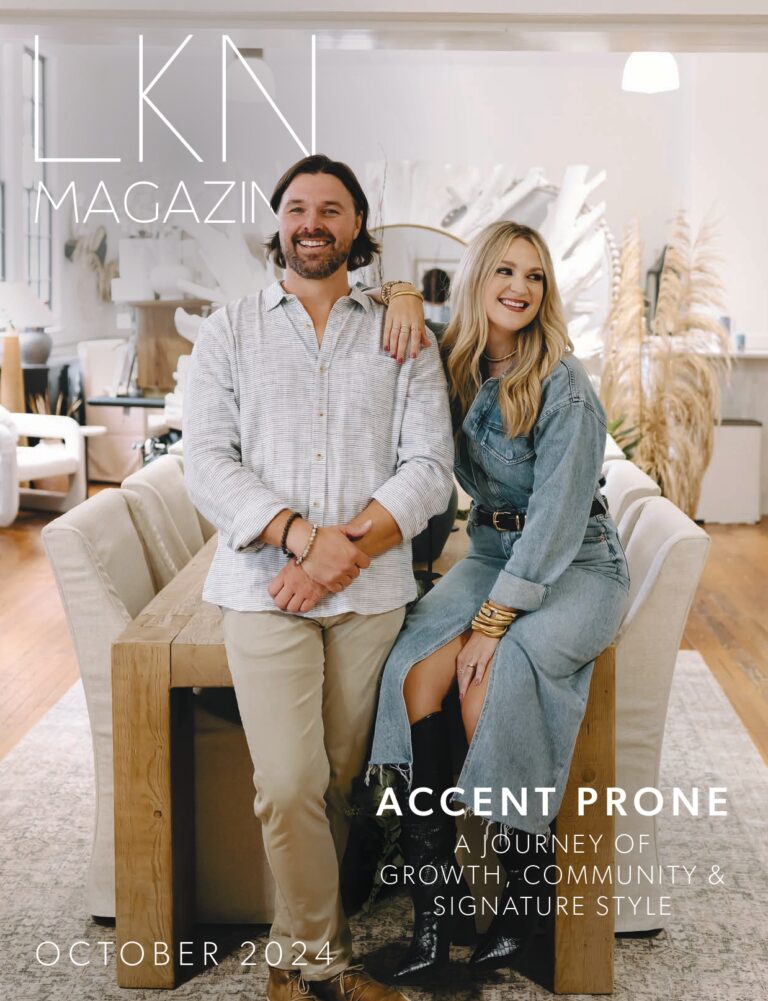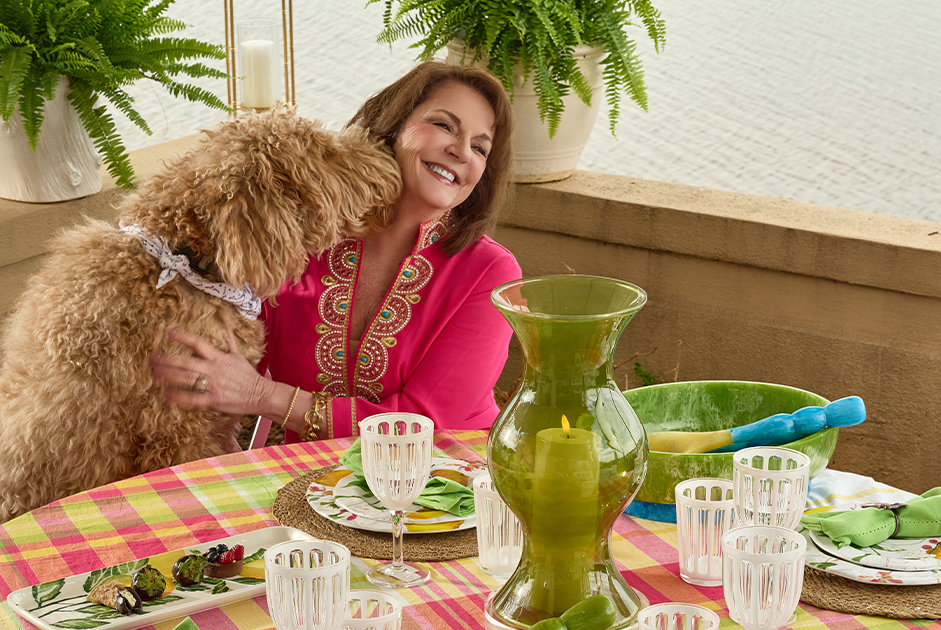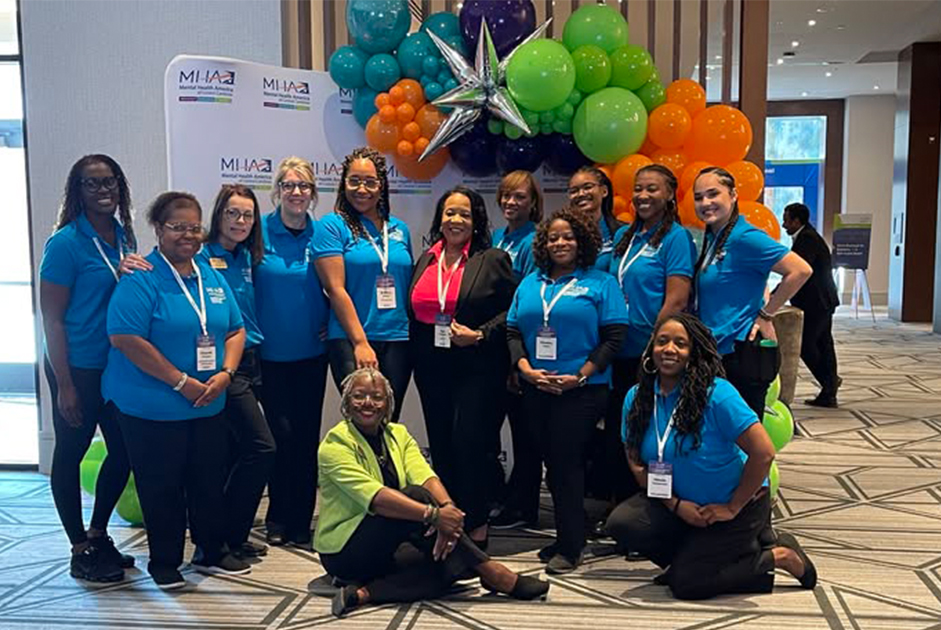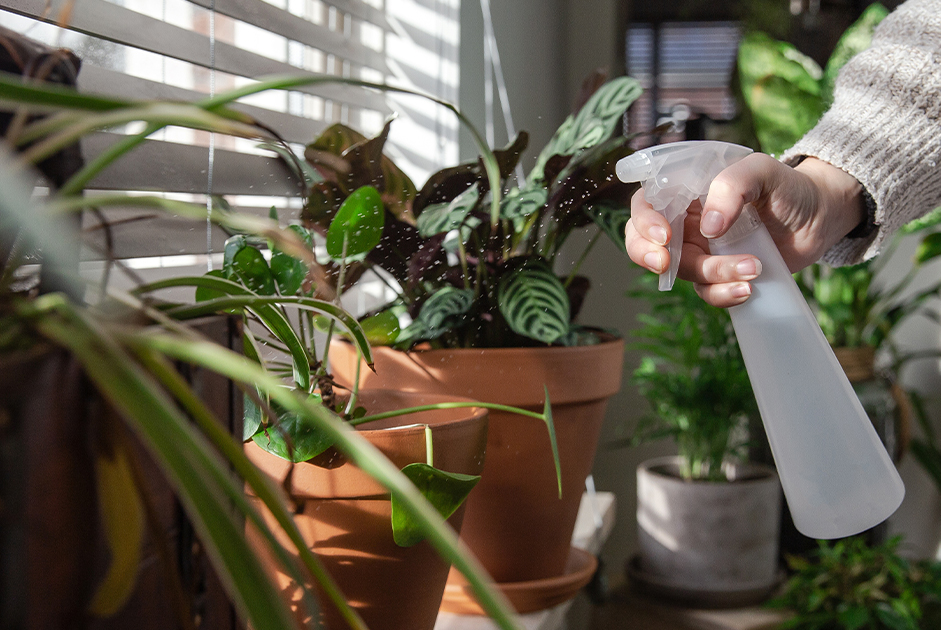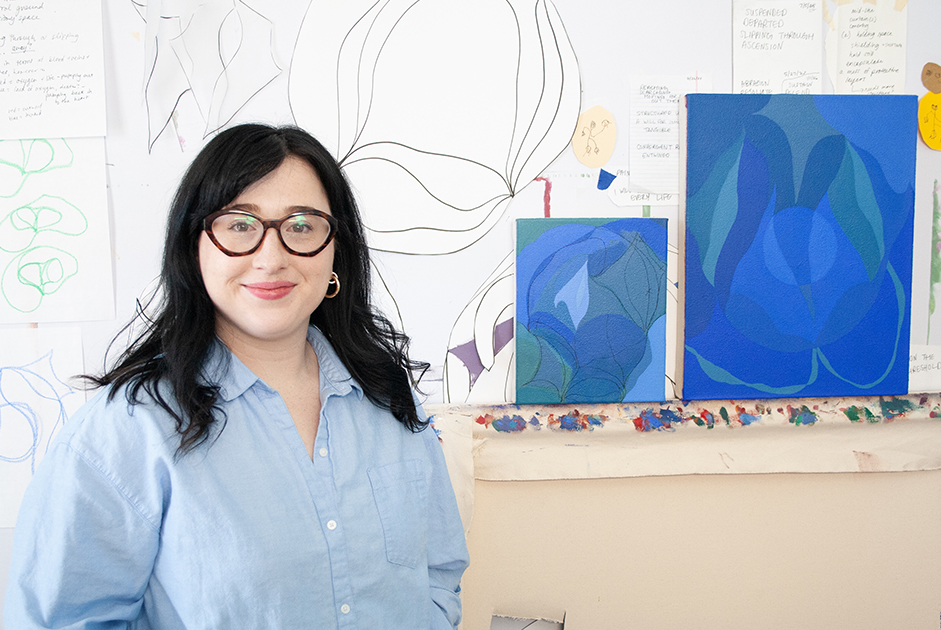My friend was recently diagnosed with a life-altering, life-threatening disease.
To her, to me, to all who know and love her, the news was unexpected. A seemingly healthy senior citizen, running her small business and active in her community, and now, who was she and who would she become through whatever was ahead?
While my heart sank and my thoughts ricocheted from one possible outcome to another, it was my friend who offered perspective, saying: “It’s a whole new world that I need to catch up with while also trying to continue life as I need to know it.”
I took my cue from her lead, understanding that while she was moving, half blind into completely new territory, living her life in a familiar way would be critical to her mental, emotional, and spiritual well-being. I sat with that dichotomy for a long while as my mind raced to the innumerable “What if’s.”
From my Southern perch to her Northern abode, I cautiously asked,
“Are you getting the support you need?”
“Oh yes, people have been wonderful. X is taking me for my radiology treatments, and Y will accompany me for the surgery when that time comes. But honestly, Jean Marie, it’s the questions that wear me down, so many questions about my condition, and did I ask the doctor this or that. It never ends.”
My friend’s comments told me what I needed to know about how I could be there for her. And because she lives so far away, I knew that my support would be “virtual.”
I called twice a week, asking first “Is this a good time?” Which allowed her to know I was available to her and put her in charge of whether or not she wanted to engage.
I asked, “How are you doing today?” which expressed my concern for her, as opposed to drilling her with a litany of tiresome, angst-inducing questions.
And then I followed whatever narrative path she preferred. Sometimes, we talked about her illness. Or rather, she talked and I listened. Occasionally posing a brief question, but mostly just acknowledging, empathizing. At other times, she just wanted to know about me, about Dean, about Paris, or to reminisce about some sweet, shared memory. We often indulge our love of language and story by talking about books and debating the merits of Austen versus Bronte.
Again and again, I got the distinct sense that these fluid, meandering conversations were a channel through which she was living life as she needed to know it. I looked forward to our calls as much as ever, before the illness, before the grave uncertainties, before the profound, stop-your butt-in-its-tracks awareness hit like a ton of bricks: that living life as we need to know it applies to all of us, all of the time.
For now, I am following my friend’s lead and trusting my intuition. Here’s how the experts say we can “be there” for a friend or loved one in a similar situation:
- Say if you feel awkward instead of pretending this thing isn’t happening.
- Give them a warm hand squeeze or hug.
- Call, send a card, or text to let them know you’re thinking of them.
- Tell them that if they want to talk you’ll be there to listen – then, be available.
- Respect their need for privacy.
- Offer support throughout the journey – at the beginning, during and after treatment.
- Share a joke or laugh with them if this seems appropriate.
- Offer to help in specific, practical ways.
- Keep your relationship as normal and as balanced as possible.
But don’t:
- Say you know how they feel – because you can’t, even if you have had a grave illness.
- Tell them to ‘be strong’ or ‘be positive’ – they don’t need this type of pressure!
- Take things personally if they seem angry or upset or don’t want to talk.
- Offer advice that they haven’t asked for.
- Compare their situation to someone else’s, because each person’s experience is unique.
Through all of this, I am reminded to do my best to live my life as I need to know it…



